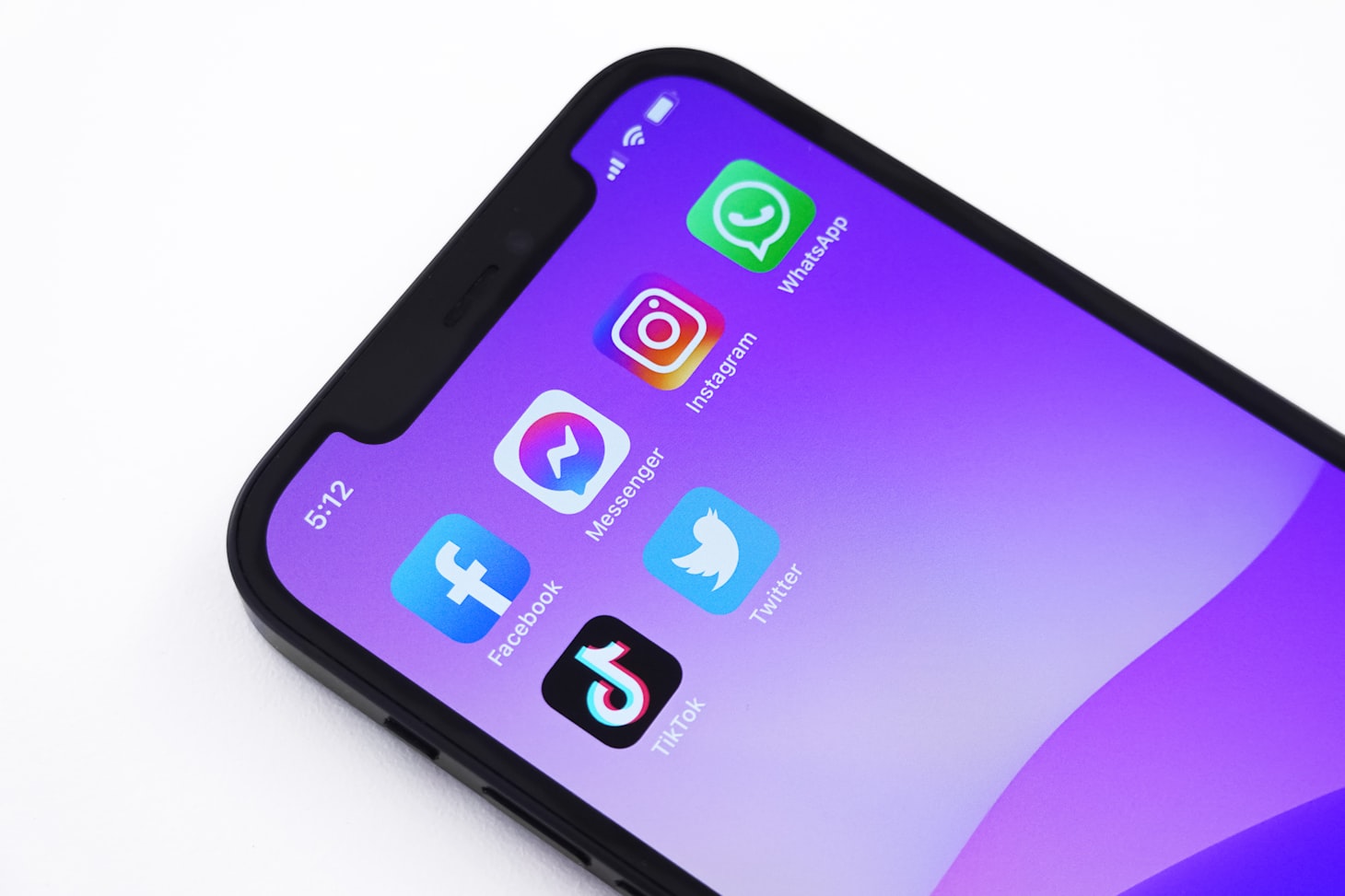Why I need to talk about privacy

I thought privacy was just for the rich and famous. I'm neither of those, so my privacy isn't assaulted every time I step out of the house. Nobody cares who I'm dating, what I'm wearing, or where I'm eating. I don't have hordes of paparazzi following me around.
Balancing privacy and anonymity
Except social media happened. We've now become our own versions of celebrities. Instead of paparazzi following us, we are the ones willingly broadcasting to our followers about who we're dating, what we're wearing, and where we're eating.
I've struggled with how I wanted to participate in these social networks for the longest time. My earlier thoughts about privacy equated it with complete anonymity. However, it is still hard to reconcile my desire for community and connection with my wanting to remain private.
Participate or face exclusion
I don't have Facebook. At least, not a personal one and not one that I use regularly. I can't fully step away from it because I'm a digital marketer, and I need my dummy account to log in to the Facebook ads platform.
Having set up my network firewall, using privacy-focused browsers, encrypted email, and other privacy tools, I realise how other companies are making it harder for me to participate online. I don't have anything against this, but I think that we should rethink whether the grounds for participation should be at a cost to our privacy and whether it's bordering on coercion and bullying.
Frictionless is not the holy grail
I admit that innovation thrives in solving problems. However, when there's friction, it becomes a pain point. I don't think that the best way to solve problems is to make them more accessible and convenient. Because the truth is, it's in maintaining that tension that drives creativity. I think that we've unknowingly traded our privacy for convenience, but it's a short-term gain with long-term consequences we haven't fully grasped.
The 'move fast and break things' era is over. “Minimum viable products” must be replaced by “minimum virtuous products”—new offerings that test for the effect on stakeholders and build in guards against potential harms. - Hemant Taneja in Harvard Business Review
My stance on this isn't about all or nothing. I know the positives of data when used properly, especially in industries like healthcare. But unfortunately, we haven't taken the time to understand the implications fully. Though I think today is as good a day as any to start.
Niki Torres
Join the newsletter to receive the latest updates in your inbox.

